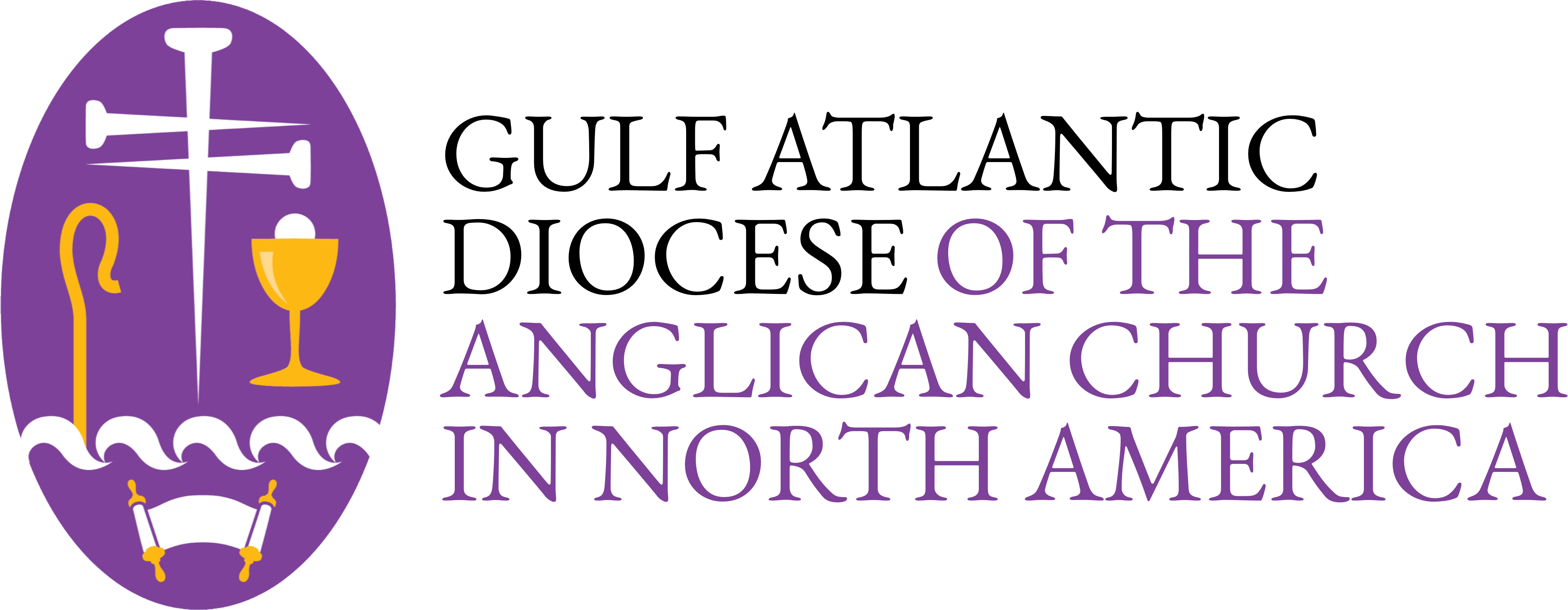
Newsletter Contents
Flourishing Churches are Healthy Communities
Two Of The Most Divisive Words In Church Leadership
Healthy Communities include Intergenerational Relationships
Healthy Community Strengthens our Church Plants
Welcome Bryan Biba, Canon for Leadership!
Other Announcements & Upcoming Events
More from Bishop Alex Farmer
Pastoral Letter Re: Leadership in the ACNA
Pastoral Letter Re: Allegations of Abuse by ACNA Leaders
Evangelistic Mission in our Diocese
A Culture of Calling, Equipping, and Empowering Leaders
Flourishing Churches are Healthy Communities
“Him [Jesus] we proclaim, warning everyone and teaching everyone with all wisdom, that we may present everyone mature in Christ. For this I toil, struggling with all his energy that he powerfully works within me.” Colossians 1:28-29
In this edition of the Communique, we will unpack what is meant by Healthy Community as a Mark of Flourishing. You don’t have to have been a Christian very long to have experienced some element of unhealthy community within the Church. In fact, for some in our culture, “church wounds” or the experience of an unhealthy community has caused them to pull away from the local church even if they haven’t abandoned faith in Jesus. I have seen this throughout my time in ministry.
But of course, Jesus calls us not only to himself but into the fellowship of His Church, his very Body. We are called to live out our faith in Jesus within the community of believers, and thus it’s vital that we seek to be healthy communities. I like to call what we are creating “redemptive experiences of Church” for those we seek to lead to Christ. And be assured, many in our culture are isolated, lonely, and desperate for connection—our churches must be place they can find it (even if they hadn’t thought to look there before).
Healthy Leaders
You will read other articles from the staff that unpack healthy community, but let me start by saying that healthy community requires healthy leadership. This is why I am committed as your Bishop to see that all of our active clergy participate in small groups with other clergy for mutual accountability and connection (the Missional Leadership Alliance). Isolation is the greatest threat to the health of your clergy; please encourage the clergy of your church to stay connected to and spend time with other clergy.
In addition, our spring clergy conference focuses on soul care for the clergy. This year, Bishop Alex Cameron of Pittsburgh will be with us to unpack St. Paul’s command in Acts 20:28 to “pay careful attention to yourselves.” I have a discretionary account for funding any clergy that cannot afford to come, because I know time of fellowship and connection is vital for the life of our clergy. In a similar way, our Church Planters meet for their own time of soul care and connection. I also encourage our new clergy to read and discuss the wonderful series of books by Pastor Pete Scazzero around emotionally healthy spirituality. I am so thankful for Bishop Neil, who introduced these books to me years ago, which are helpful for clergy and lay leaders alike. Some in our Diocese have chosen to use them for book studies in their parishes.
Guiding Words
Beyond seeking to support healthy clergy, heathy community is found in two simple phrases I learned years ago. They are, “charitable assumptions” and “keeping short accounts.”
Charitable assumptions means that when we are hurt by someone in the church, we guard ourselves against assuming first that it was done intentionally. Perhaps it was, and that will have to be dealt with appropriately, but by making a charitable assumption at the outset, I can speak to the person with grace. The conversation might start by saying, “I am sure you didn’t mean this, but when you made that comment in the meeting, it was hurtful to me. Can we talk about that?” You will also note this follows the biblical model of Matthew 18, “If your brother or sister sins against you, go and point out their fault, just between the two of you. If they listen to you, you have won them over.”
Keeping short accounts relates to the timeliness of the discussion. It’s not healthy to hold onto our experiences of hurts for weeks (or longer!), perhaps talking to others about it, while avoiding the person responsible as long as possible. Short accounts keep things from festering and eliminate the need to bring others into the dispute without purpose. I have found these two phrases invaluable when dealing with conflict. All healthy organizations have conflict. Healthy communities have systems in place to process conflict in a constructive way.
Lastly, I would like you to know that healthy communities protect their most vulnerable. If you have been around the Gulf Atlantic Diocese for any length of time, you know we take Safeguarding our People very seriously. I am so proud of our diocesan team and their commitment to not only safeguard our children and vulnerable adults but also to communicate with as much transparency as possible when incidents occur. By doing so, I hope that we are modeling for each congregation what open communication looks like and how it promotes health among us all.
There is much, much more that can be said about this topic, and we will continue to learn and teach one another as we walk together into God’s will for this Diocese. Please know of my love and prayer for all of you and my commitment to health in my own life and ministry, that together we may seek maturity in Christ our Lord.
Header/Featured Photo Credit
Helena Lopes on Unsplash
